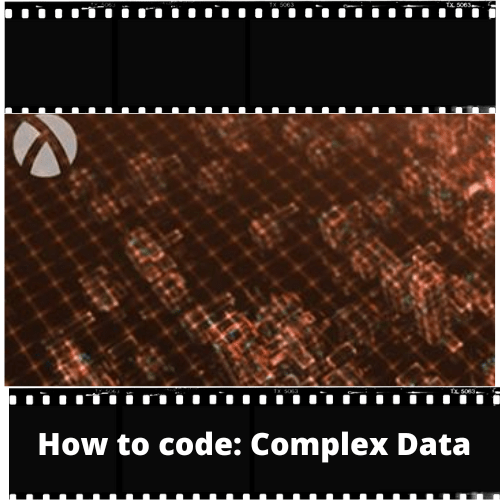Publisher:- Rahul Kumar Sharma
Discover how to design more complex programs, using new data structures, abstraction, and generative recursion.
About this course
As your program conditions get more complex, you will find that simple addition to the design method make it easy to write well-structured and well-tested code that is straightforward to maintain. By knowing how to capture common data and control structures using conception, your programs will get shorter and better tested.
Building on the core techniques from How to Code: Simple Data, this programming course, part of the Software Development Micro Masters program, fast expands to cover more complex programs on more complex data. Towards the end of the course, you will design programs that even professional developers would find challenging.
You will also know how to design search programs. You will design a program to solve Sudoku puzzles and will be able to design multiple other puzzle solvers as well. Students who enroll in the Verified track will receive staff grading for the course project and increased relations with the instructor and staff.

Student Testimonial
“It’s a great method and maybe one of the most important topics to master if you’re a programmer (any level). This course will guide you on how to design better, cleaner, and faster programs.”
– Previous Learner
At a glance
- Institution: UBC
- Subject: Computer Science
- Level: Introductory
- Prerequisites:
- How to Code: Simple Data
- Language: English
- Video Transcript: English
- Associated programs:
- Micro Masters Program in Software Development
Syllabus
- How to determine commonalities in data reports and functions
- How to avoid repetition using abstraction
- How to design operations that operate on graphs
- How to create programs that search a given problem space to find a valid solution
Who can take this course?
Unfortunately, students rooming in one or more of the following countries or regions will not be able to register for this course: Iran, Cuba, and the Crimea region of Ukraine. While edX has pursued licenses from the U.S. Office of Foreign Assets Control (OFAC) to deliver our courses to learners in these countries and regions, the approval we have received is not broad enough to allow us to offer this course in all areas. edX truly regrets that U.S. boycotts prevent us from offering all of our courses to everyone, no matter where they live.
Platform
Harvard University, the Massachusetts Institute of Technology, and the University of California, Berkeley, are only some of the schools that you have at your fingertips with EdX. Through huge opening online courses (MOOCs) from the world’s best universities, you can expand your knowledge in literature, math, history, food and nutrition, and more. Experts in the field teach these online classes. Taking a computer science course at Harvard may expose you to David J. Malan, a senior professor in the School of Engineering and Applied Sciences’ department of computer science. But there’s not just one lecturer – you have access to the entire schooling staff, allowing you to receive feedback on assignments directly from the experts. Pursue a Verified Certificate to document your achievements and utilize your coursework for job and school applications, advertisements, and more. EdX also works with top institutes to conduct research, allowing them to learn more about learning. Using their findings, edX can provide students with the best and most effective courses, frequently enhancing the student experience.
Ways to take this course
Choose your path when you enroll.


